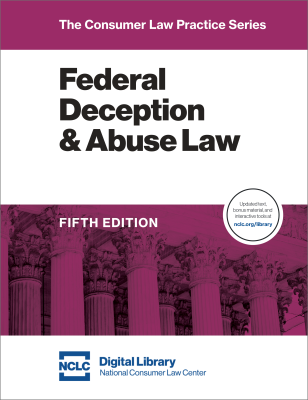A three-judge panel of the U.S. Court of Appeals for the District of Columbia issued a decision on October 11 holding that the structure of the Consumer Financial Protection Bureau (the CFPB) is unconstitutional because it is headed by a single director who is removable only for cause, rather than at the will of the President. The court struck down the for-cause removal provision, but it left intact all other portions of the statute authorizing the CFPB.
The decision, PHH Corp. v. CFPB, 2016 WL 5898801 (D.C. Cir. Oct. 11, 2016), allows the CFPB to continue operating with exactly the same powers as before—except that, if this decision stands (rehearing en banc and an appeal to the Supreme Court are very likely), the President will have greater authority to remove the Director of the CFPB.
Striking the provision that limits removal of the Director to situations where there is cause will have no effect in the short term, since President Obama has no interest in removing Richard Cordray, the current director of the CFPB. And, as for the next President, it would only mean that s/he would be able to appoint a new Director a little sooner, because even without this decision the new President has the right to appoint a new Director once Cordray's 5-year term expires in 2018.
The CFPB’s foes will attempt to use this decision against the agency. However, in some ways the decision (if not reversed) will undercut claims that the agency is unaccountable, because the court has now made the Director fully dischargeable at will. The decision could also encourage industry challenges to CFPB rules and enforcement actions as being the product of an unconstitutionally structured federal agency.
NCLC’s Federal Deception Law chapter 3 provides an overview of the CFPB’s authority and examines in more detail its regulation of unfair, deceptive and abusive acts (UDAAP).


